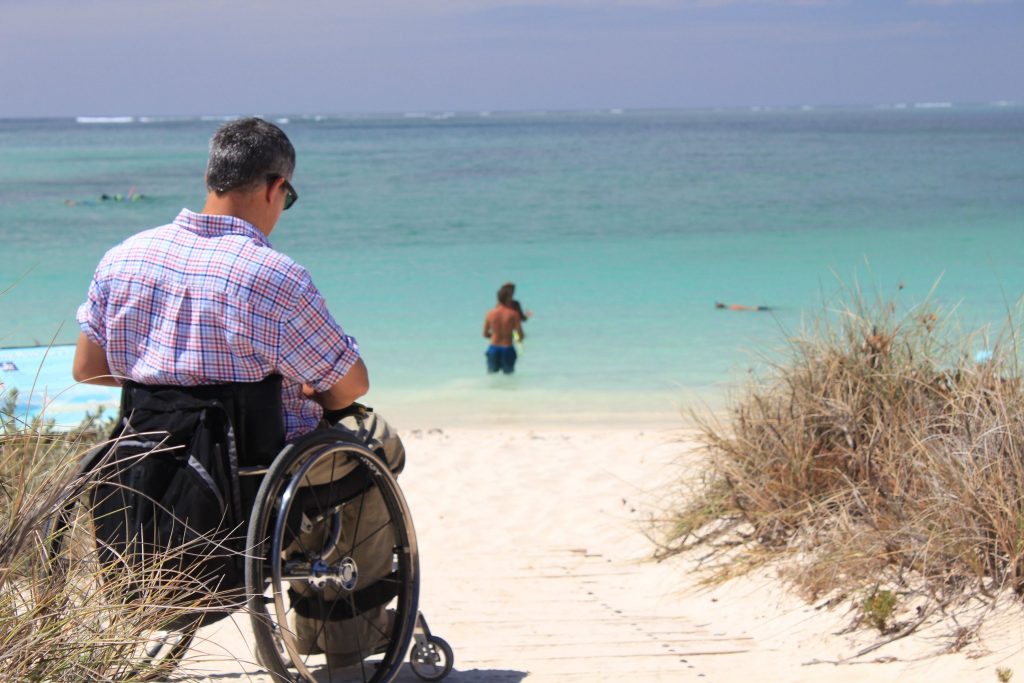The dust has settled but a ‘hidden hit’ on the disabled still overshadows the budget.
This year’s Budget proved one of the most controversial in modern history, resulting in a dramatic resignation and a major political u-turn.
But controversy remains despite the dust settling on Ian Duncan-Smith’s dramatic governmental exit and his successor Stephen Crabb confirming the scrapping of £4.4 billion in Personal Independence Payments (PIP) cuts.
For whilst the unravelling of the PIP proposals rightly grabbed the headlines, another less heralded Budget measure is set to disproportionately impact disabled people.
For the second consecutive year and the third time since 2010, George Osborne raised Insurance Premium Tax (IPT). Thanks to the latest hike IPT now stands at 10%, double the pre-2010 Budget rate, and it appears to be moving inexorably towards parity with VAT. Indeed when it was first introduced in 1993, at just 2.5%, then Chancellor Kenneth Clarke made clear his view that VAT was applied too narrowly. EU rules prevented him applying VAT to financial services and IPT was thus born.
It’s an issue that we at Fish have already spoken out on publicly, because its impact is so pervasive and unjust, in particular, to people with disabilities.
IPT is levied on a wide range of policies, including compulsory cover such as car insurance and voluntary protections such as insurances for the home, mobility aids and scooters. Travel insurance is unaffected by the latest hike as it is already subject to a higher IPT rate of 20 per cent, courtesy of a now largely outdated Treasury move to tackle VAT avoidance by travel agents and tour operators.
 So IPT is hard if not impossible to avoid. It’s also a regressive tax, one that disproportionately affects those on lower incomes, which means that it will hit disabled people harder. The Department of Work and Pensions has itself noted that:
So IPT is hard if not impossible to avoid. It’s also a regressive tax, one that disproportionately affects those on lower incomes, which means that it will hit disabled people harder. The Department of Work and Pensions has itself noted that:
“A substantially higher proportion of individuals who live in families with disabled members live in poverty, compared to individuals who live in families where no one is disabled.”
The latest IPT increase – labelled by our managing director John Garrard as “unfair” and “discriminatory” – also follows publication of research which highlighted the obstacles disabled people can face when buying insurance.
The Extra Costs Commission, an independent body charged with investigating the extra costs faced by disabled people and their families, found that “there are a significant number of disabled people who do not currently buy insurance but would do so if premiums were more affordable.”
Increasing IPT does precisely the opposite, further disincentivising people from sensibly protecting themselves and their property. It also, logically, runs counter to Her Majesty’s Revenue & Customs’ (HMRC) own acknowledgement of the financial assistance disabled people often require.
So, whilst HMRC has in place a mechanism allowing reclamation of tax incurred on mobility products and cars adapted to accommodate a disability, no such scheme is offered for recovery of IPT payable on the insurances necessary to protect them.
For travel the injustice is even more profound. That’s because many people with disabilities have pre-existing medical conditions, meaning they typically pay higher premiums and, therefore, more tax – charged remember at the VAT comparable rate of 20%.
 This really matters. Many holidaymakers can pick up cheap travel insurance for around £10, meaning that on the current rate they’ll contribute just 95 pence to the Treasury via IPT. Someone with pre existing medical conditions might pay a premium of £400, with £35 going to government coffers. Those with less, can pay more – significantly more.
This really matters. Many holidaymakers can pick up cheap travel insurance for around £10, meaning that on the current rate they’ll contribute just 95 pence to the Treasury via IPT. Someone with pre existing medical conditions might pay a premium of £400, with £35 going to government coffers. Those with less, can pay more – significantly more.
If, like us, you believe that IPT is unfair and, through its application, discriminates against disabled people, you might want to write to your MP and ask for their views. You might query why disabled people cannot recover IPT as they can VAT on disability products and if they will oppose any further increases in this regressive tax which hits those with least, the most.
To find out how to contact your MP click here.

